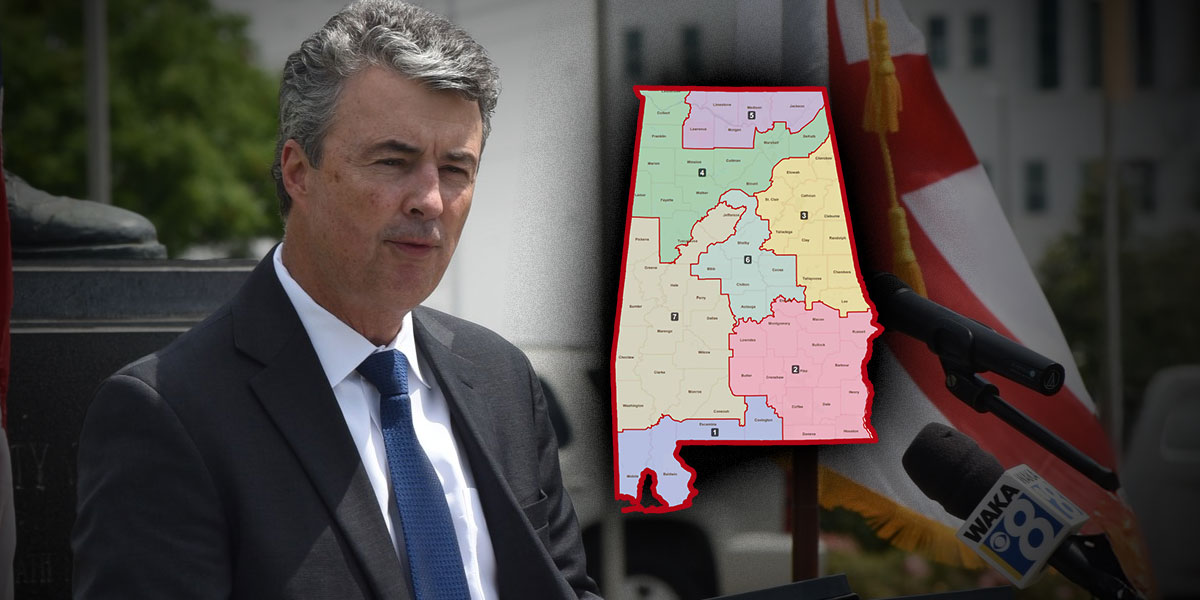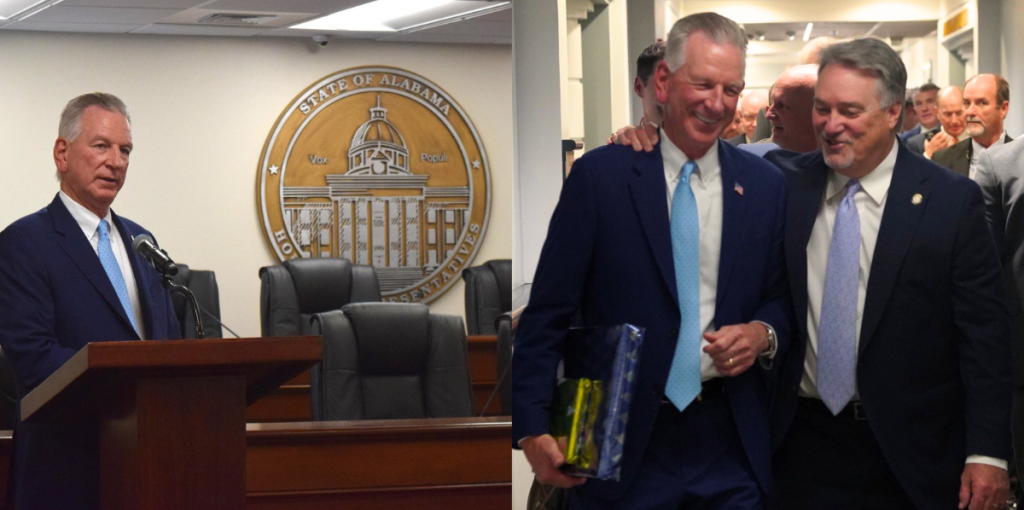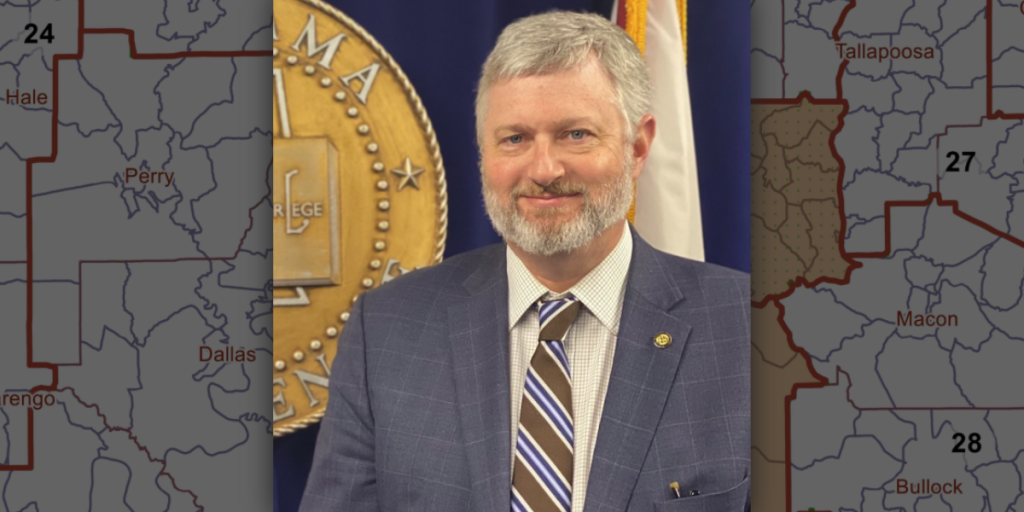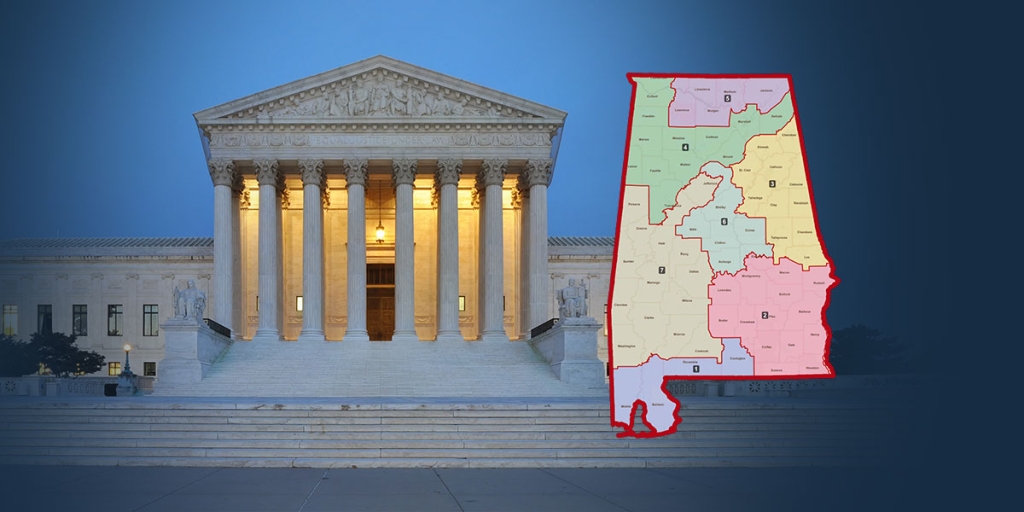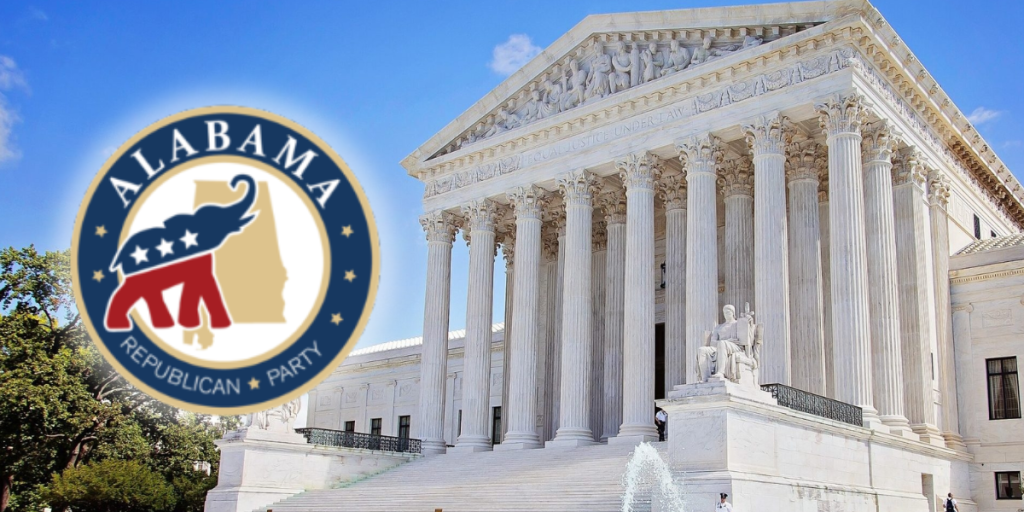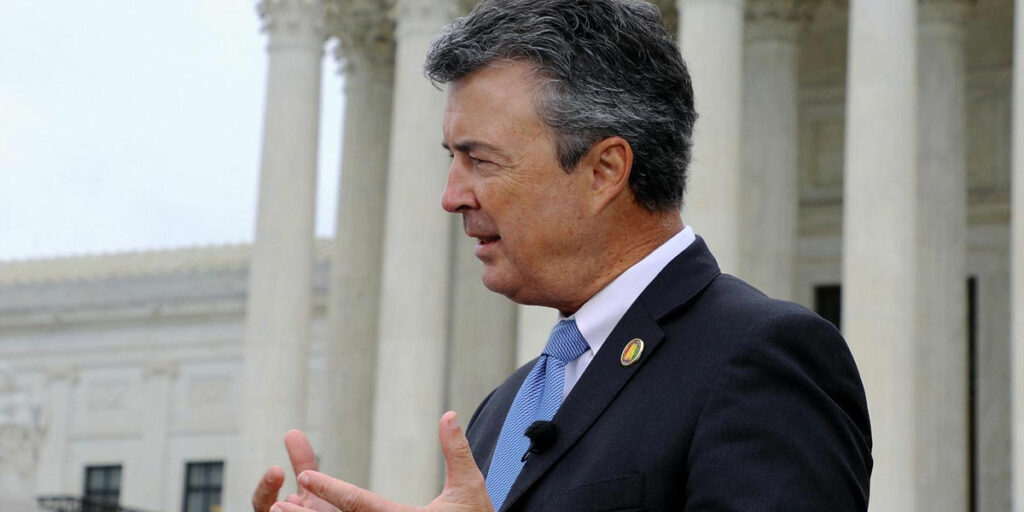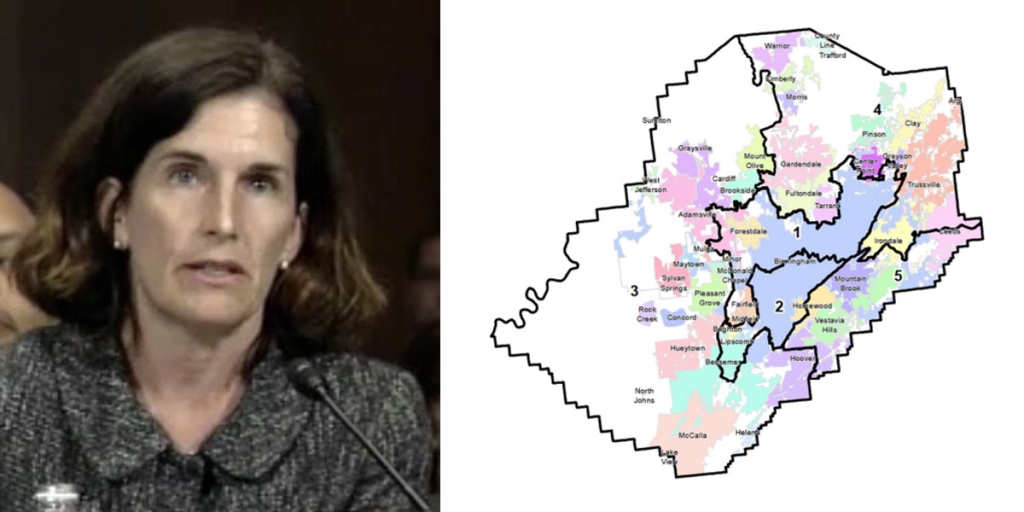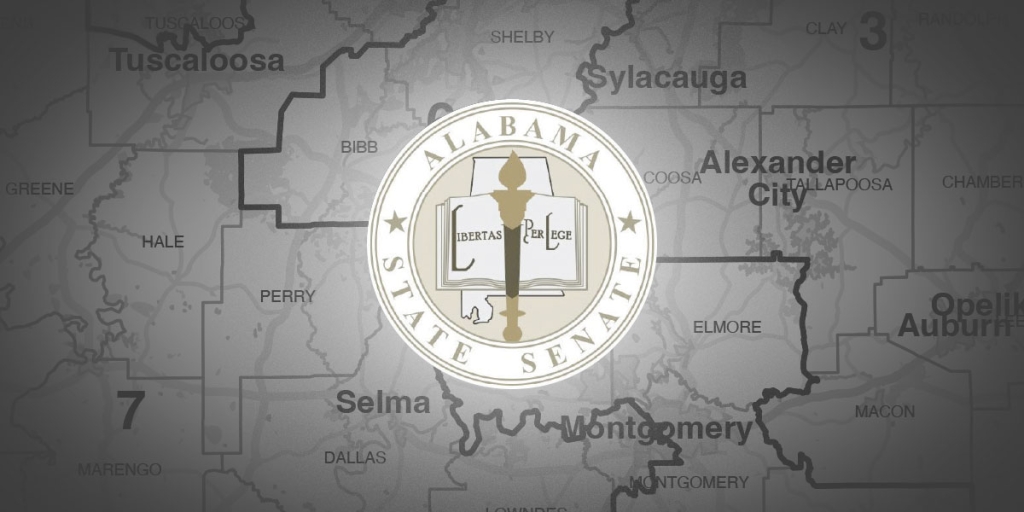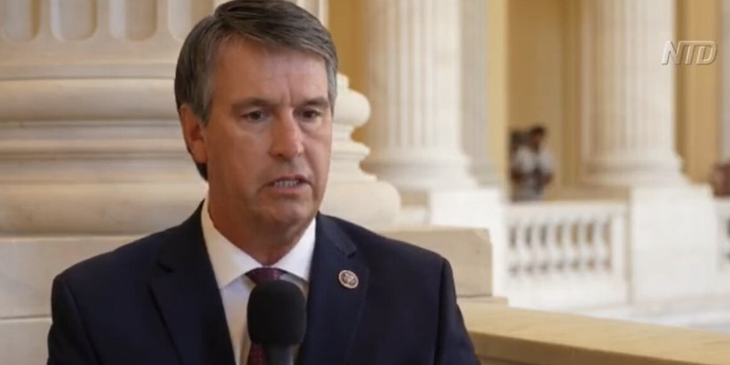As the state of Louisiana awaits the Supreme Court decision on a case surrounding redistricting and possible racial gerrymandering, many believe the ruling could have broader ramifications for other states, including Alabama.
During oral arguments earlier this month, Louisiana and a group of Black voters asked the justices to reinstate a congressional map, enacted by the Louisiana legislature last year, that created a second majority-Black district.
The case made it to the Supreme Court after a federal district court ruled the new map was an unconstitutional racial gerrymander because it sorted voters primarily based on race.
Alabama Attorney General thinks the case is similar to Alabama’s recent redistricting battle that ultimately resulted in the state being forced to redraw its map. A three-judge panel ruled the original map violated the Voting Rights Act.
RELATED: Alabama AG to appeal federal court’s rejection of Alabama redistricting map
During a recent appearance on Alabama Public Television’s “Capitol Journal,” Marshall gave his thoughts on what the ruling could mean for the Yellowhammer State.
“What we lose sight of the fact is that the law surrounding the Voting Rights Act continues to evolve,” Marshall said.
“We’ve had a decision just as recently as the last couple of weeks out of the 8th Circuit that is concluded in a majority decision there that there’s no private right of action under the Voting Rights Act. If, in fact, that becomes the law of the land across the United States, right now it’s limited to the 8th Circuit, that would have a dramatic impact on Alabama’s case because we have private parties that are pursuing this action right now. That’s a defense that we’ve raised in Alabama’s case. So far, the three-judge panel has rejected that. But that’s an issue that’s going to, I think, make its way eventually to the Supreme Court because of the circuit split that we have out there.”
Marshall said the case’s impact on Alabama depends on “how broadly or how narrowly the court addresses the claims.”
“Specifically, Louisiana says as a result of the district court order that they had to draw a district that was primarily defined by race, that that was the instrumental reason as to how those boundaries were defined, not some of the sort of common areas that we’ve looked in drawing lines in the past, like communities of interest, for example, or economic connection of those localities,” he explained. “And so to the extent that the Supreme Court weighs in very broadly in those arguments, then I think it will absolutely have an impact on what’s going on here in Alabama, and we could see, for example, the Supreme Court ask for the three judge panel to review their recent order in light of whatever that decision. But if in fact they come back with a very narrow and tailored ruling that’s very specific to some of the arguments in Louisiana that don’t have overlap, then in fact we won’t see that have much of an impact.”
“So I think everybody on both sides of that case are looking to see what the Supreme Court does,” he added, “and depending on how broadly they rule, it very much could have an impact on what’s moving in Alabama.”
Yaffee is a contributing writer to Yellowhammer News and hosts “The Yaffee Program” weekdays 9-11 a.m. on WVNN. You can follow him on X @Yaffee




